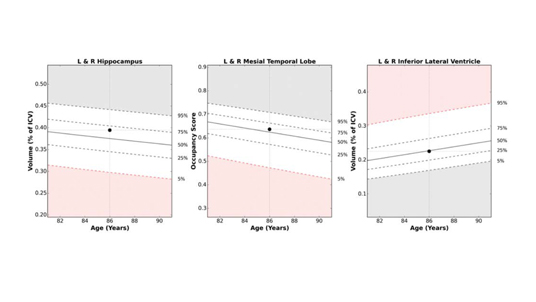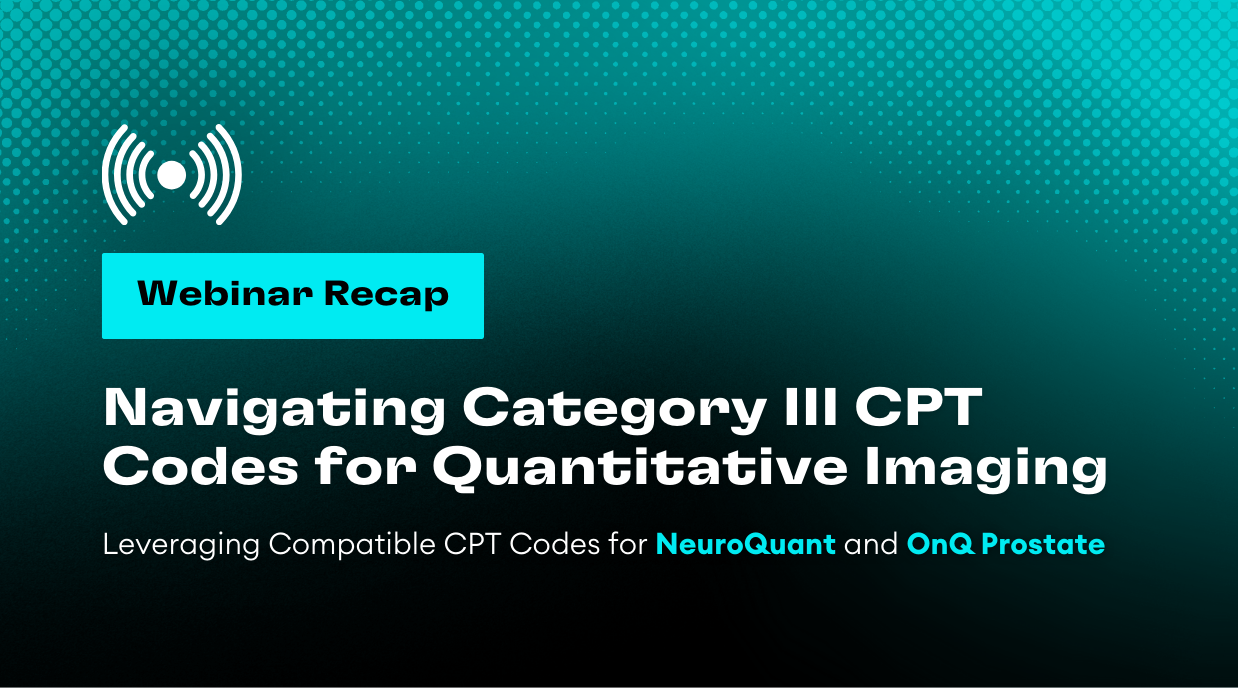High-throughput, fully automated volumetry for prediction of MMSE and CDR decline in mild cognitive impairment
This study examined whether measures of hippocampus, amygdala, and temporal horn volume predict clinical decline over the following 6-month period in patients with mild cognitive impairment (MCI). Fully automated volume measurements were performed in 269 MCI patients. Baseline volumes of the hippocampus, amygdala, and temporal horn were evaluated as predictors of change in Mini-mental State Examination and Clinical Dementia Rating Sum of Boxes over a 6-month interval. Fully automated measurements of baseline hippocampus and amygdala volumes correlated with baseline delayed recall scores. (2009).
[button]Download[/button]







